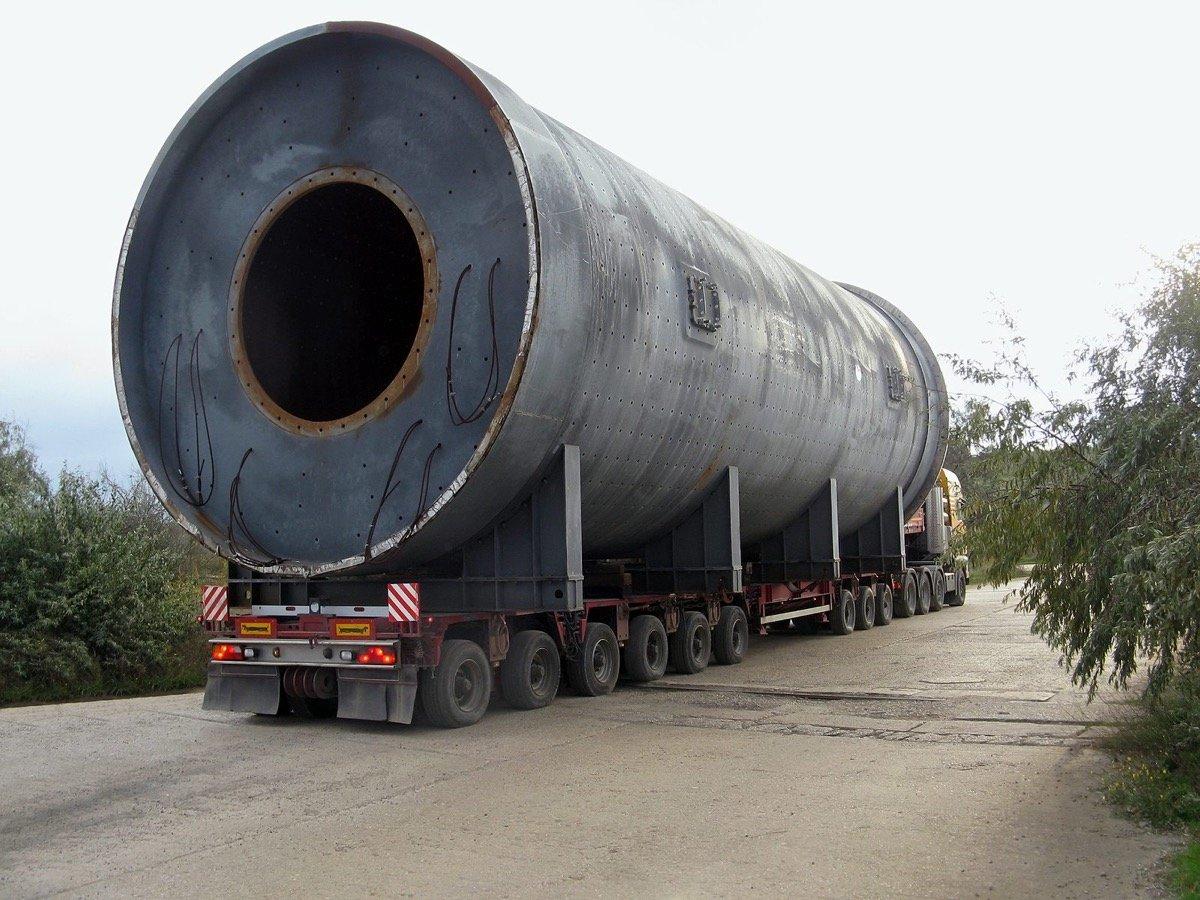October 23, 2015 | Industry Insights
Value in Knowledge – Share Information to Create Successful Cargo Insurance Programs

Most freight forwarders have an insurance policy to facilitate cargo coverage for their clients. However, not all of them effectively utilize it to maximize the benefit to both their company and their clients.
Many shippers do not understand the intricacies of cargo insurance and/or the risk associated with uninsured cargo. This lack of awareness provides the forwarder an opportunity to distinguish themselves from their competitors by providing much-needed expertise. A professional transportation specialist can explain the need for cargo insurance and secure coverage for their clients. Providing this value-added service helps to strengthen client relationships and provides opportunities for growth.
Conversely, freight forwarders who do not diligently discuss the risk of cargo loss and the need for insurance with their clients are exposed to potential professional liability claims and disgruntled clients.
Successful programs require a corporate culture that reinforces the practice of communicating the value of cargo insurance. These companies make this practice a part of their standard operating procedures. In order to accomplish this objective, it is important to ensure that employees have a working knowledge of the basics of cargo insurance and the terms of their policy. This information should be shared with sales representatives as well as the operations team as they are typically in frequent contact with the client.
Another shared trait of successful cargo insurance programs includes a support team focused on providing essential training and reference tools to its staff. A Quick Reference Guide can be very helpful as it outlines the policy’s rates, limits, excluded commodities and countries so that the potential for mistakes is reduced greatly. In addition,
ongoing training from your insurance broker provides reinforcement for longtime employees and is an essential resource for new hires. They can also provide access to reports that serve as a tool for managers to analyze activity such as insured shipments, customers and commodities.
Once management and employees have aligned to focus on the overall value of an effective cargo insurance program, the next step is discussing it with the client. Open communication regarding risk exposure and insurance is an absolute necessity. These discussions often reveal exposures to risk that the shipper had not considered and should take place before handling any shipments. Shippers not versed on limitations of liability may rely on the carrier or the freight forwarder for reimbursement in full for transit losses. This situation is a prime opportunity for the forwarder to educate the shipper and offer a solution with cargo insurance.
In the event a customer advises you that the other party to the shipment insures the cargo, this doesn’t necessarily mean the discussion is over. Often times, Incoterms such as Free on Board, commonly known as FOB, leave the seller exposed even though the buyer is responsible for risk during the majority of the voyage. The inland transit and loading on the vessel can represent some of the riskiest portions of transit, especially for oversized cargo. The shipper is still exposed to loss if the buyer has not paid for the cargo.
Finally, it should be a standard procedure to secure the client’s insurance decision in writing. This provides a means of protecting both parties and documents the client’s approach to risk management.
A successful cargo insurance program provides a freight forwarder with the opportunity to enhance its professionalism, retain clients, protect the company from potential liability claims and increase revenue. The process begins with a focus on the value and necessity of cargo insurance that is shared by management, sales and front line staff members. Working with a transportation insurance specialist facilitates the effectiveness of achieving your objectives and is essential to the success of your program.
For more information, contact Roanoke Trade at 1-800-ROANOKE.





